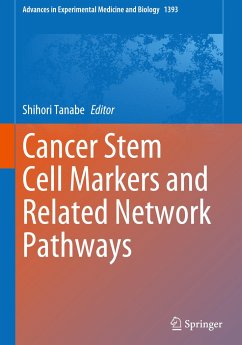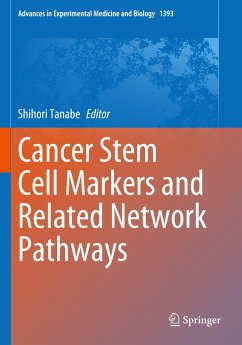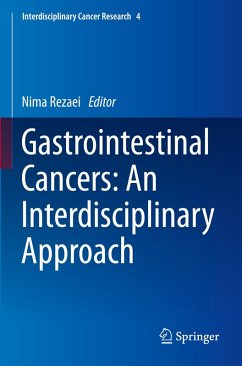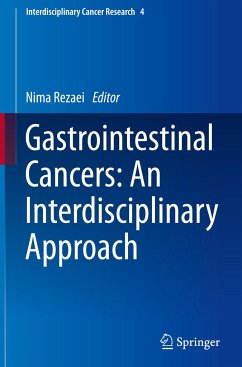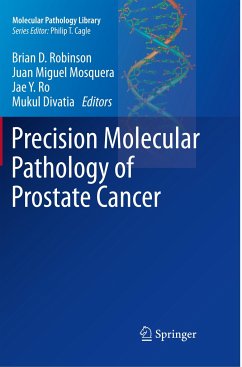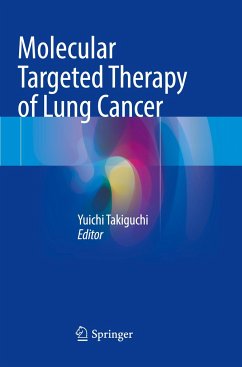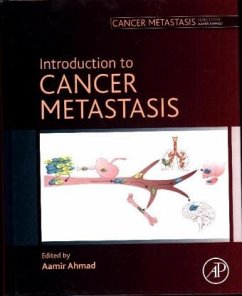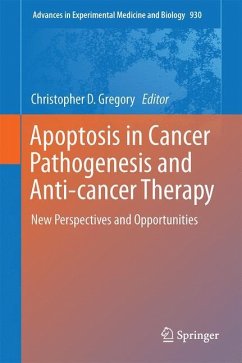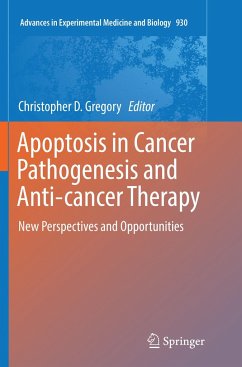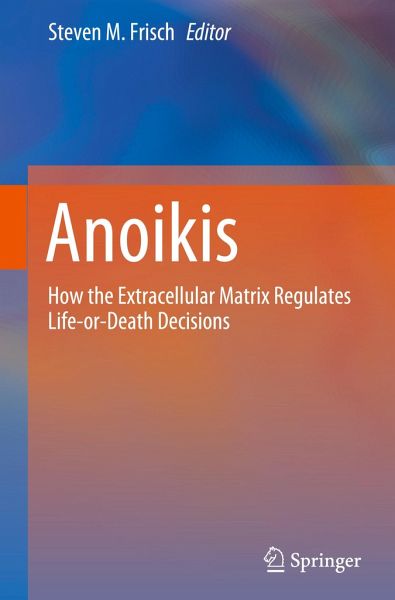
Anoikis
How the Extracellular Matrix Regulates Life-or-Death Decisions
Herausgegeben: Frisch, Steven M.

PAYBACK Punkte
49 °P sammeln!
Anoikis is defined broadly as apoptosis that is inhibited by appropriate cell-matrix interactions. Normal and tumor cells vary widely in their sensitivity to anoikis, but, in general, metastatic tumor cells are inevitably anoikis-resistant. In particular, tumor cells that possess a cancer stem cell or mesenchymal phenotype, arising from the oncogenic Epithelial-Mesenchymal Transition (EMT), are transcriptionally re-programmed to resist anoikis. While the anoikis response occurs through the mitochondrial pathway typically found in other apoptotic responses (e.g., DNA damage, death receptors, ox...
Anoikis is defined broadly as apoptosis that is inhibited by appropriate cell-matrix interactions. Normal and tumor cells vary widely in their sensitivity to anoikis, but, in general, metastatic tumor cells are inevitably anoikis-resistant. In particular, tumor cells that possess a cancer stem cell or mesenchymal phenotype, arising from the oncogenic Epithelial-Mesenchymal Transition (EMT), are transcriptionally re-programmed to resist anoikis. While the anoikis response occurs through the mitochondrial pathway typically found in other apoptotic responses (e.g., DNA damage, death receptors, oxidative stress), the regulation of anoikis by cell-matrix signalling is unique and only partially characterized. The uniqueness of anoikis is: a. regulation by integrins, non-integrin matrix receptors, and the signaling complexes associated with them; b. regulation by metabolic changes occurring in response to attachment/detachment; c. regulation by oncogenes and tumor suppressor genes d. regulation by tumor microenvironment; e. regulation by EMT.



